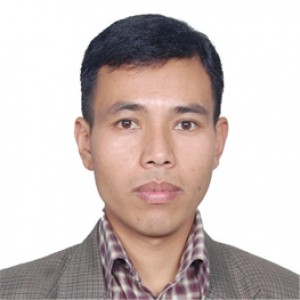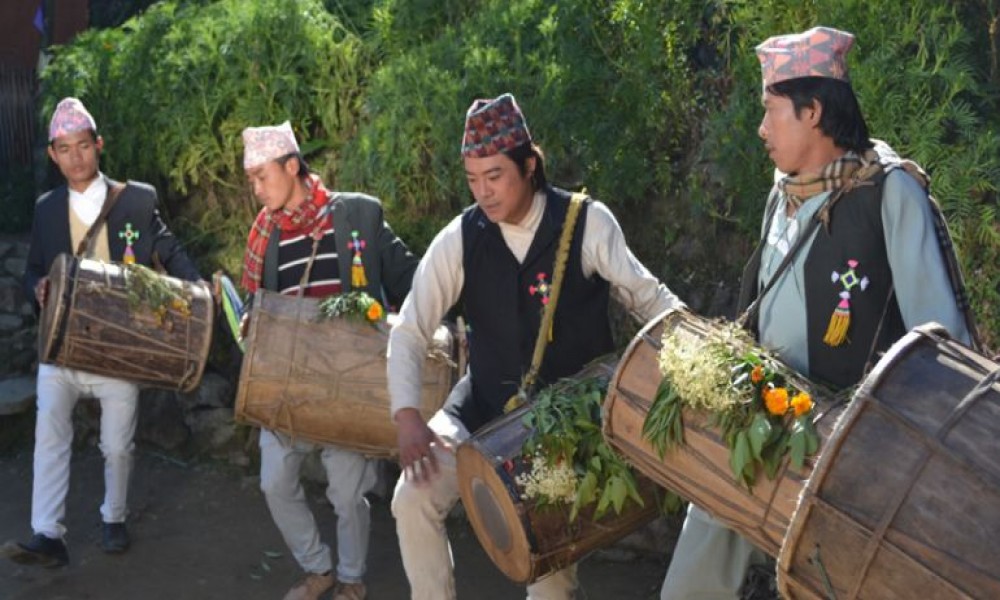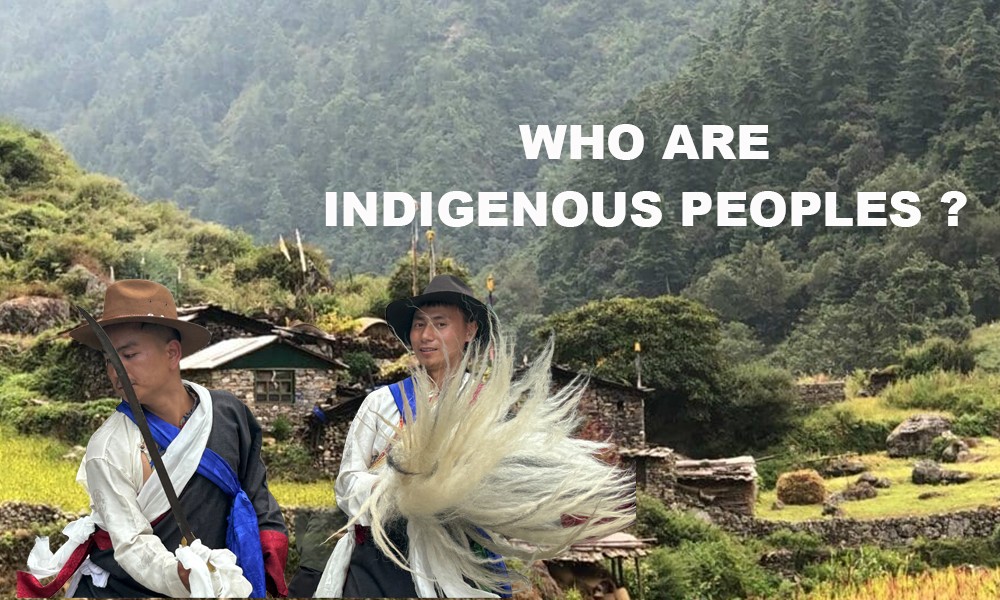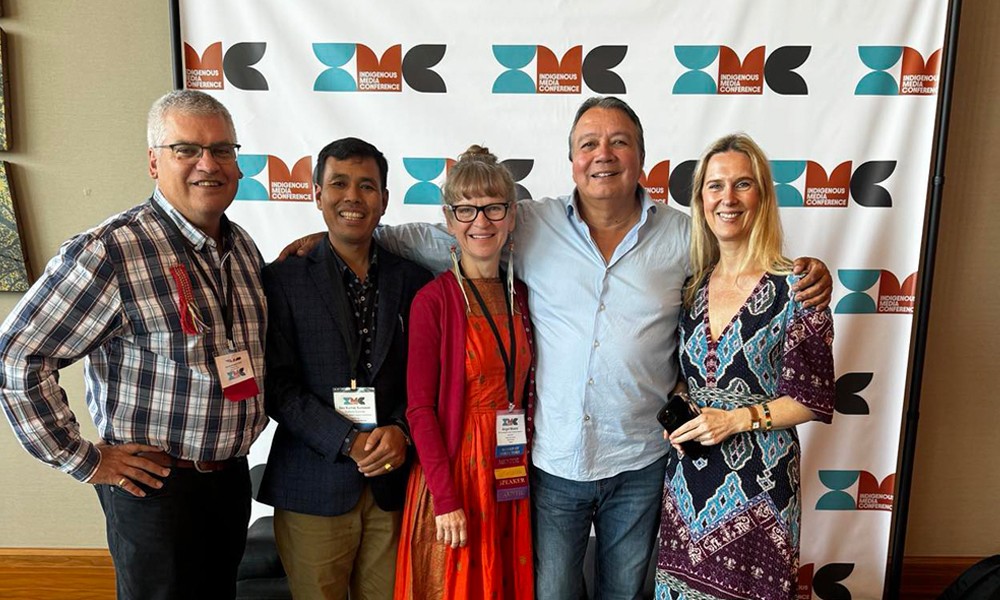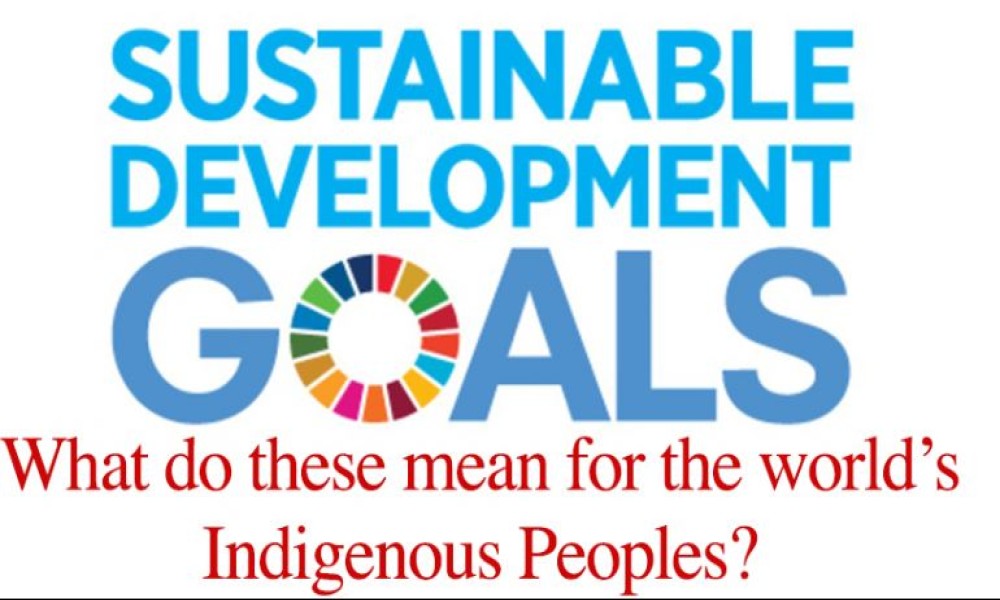We have been celebrating August 9 as International Day of world’s Indigenous Peoples for nearly three decades, advocating for the rights of indigenous communities and recognizing their contribution to sustainable development. Over the years, Word’s Indigenous Peoples' Day has evolved to be a common festival for some 5,000 Indigenous Peoples comprising over 476 million populations living in 90 different countries. It inspires Indigenous Peoples from all over the world to unite themselves for their common causes.
The UN General Assembly decided to observe August 9 as a special day of the world’s Indigenous Peoples through resolution passed on 23 December 1994. The date marks the day of the first formal meeting of the UN Working Group on Indigenous Populations (WGIP)—foremost mechanism exclusively dedicated to protect and promote the rights of Indigenous Peoples at the UN. The same working group drafted the UN Declaration on the Rights of Indigenous Peoples (UNDRIP), which was adopted by almost all the countries across the world in 2007. Nepal also voted in its favor.
Every year, the day is marked with a special theme. The theme of this year's Indigenous People's Day is “Leaving no one behind: Indigenous peoples and the call for a new social contract.” So, what does a social contract mean? It is a political philosophy propounded by the British philosopher Thomas Hobbes in the 17th century. The concept was further discussed by the French philosopher Jean-Jacques Rousseau and the American political philosopher John Rawls. Though the social contract is an old political philosophy but is being discussed now with wider understanding.
We have been celebrating August 9 as International Day of world’s Indigenous Peoples for nearly three decades, advocating for the rights of indigenous communities and recognizing their contribution to sustainable development. It inspires Indigenous Peoples from all over the world to unite themselves for their common causes.
In essence, a social contract is an unwritten agreement through which societies make decisions and take actions to advance their political, social and economic causes. But in most countries including Nepal, Indigenous Poeples have been largely left out of such social contracts. The exclusion from social contracts further deepens the marginalization of Indigenous Peoples.
Therefore, the theme of this year's Indigenous People's Day strongly resonates in Nepal. The call for a new social contract is equally relevant in our country, where Indigenous People have long been struggling for their proportional representation in all state organs and decision-making bodies.
UN’s work for the world’s Indigenous Peoples and the history of world’s Indigenous Peoples Day
With a view to address the concerns of the world’s Indigenous Peoples, for the first time, in 1971, the UN made landmark decision, when the Economic and Social Council (ECOSOC) passed a resolution, authorizing UN Sub-Commission on prevention of Discrimination and Protection of Minorities (Subsidiary body of ECOSOC), in leadership of the then the Special Rapporteur Jose Martinez Cobo, to carry out study titled, “Problem of discrimination against Indigenous Population.” The same study till date has become a standard reference for the definition and discussion on the subjects of Indigenous Peoples within the UN system.
In the early 1980s, there were growing calls within the UN to take significant actions toward addressing the concerns of Indigenous Peoples marginalized by the political systems of their respective countries. In response, in 1982, the UN formed the UN Working Group on Indigenous Populations under the UN Sub-Commission on the Promotion and Protection of Human Rights. The Sub-Commission was later dissolved, and its roles and responsibilities were transferred to the UN Human Rights Council formed in 2006.
The UN Working Group on Indigenous Populations had held its first ever meeting on August 9, 1982. This very day was declared by the UN General Assembly in 1994 as International Day of World’s Indigenous Peoples to mark the very first historic day of a formal meeting of the UN Working Group on Indigenous Populations (WGIP). Since the first declaration, world’s Indigenous Peoples have been observing this day as a special day organization different programs worldwide.
Acting on the recommendation made by the UN Working Group on Indigenous Peoples, the UN declared 1993 as the International Year for the World's Indigenous Peoples. But the 1993 year passed even before Indigenous People became aware of its significance. And the UN proclaimed the first International Decade of the World's Indigenous People (1995-2004), which was followed by the second International Decade of the World's Indigenous People (2005-2014). Many notable local, national, regional as well as international actions were taken during these two decades to protect the rights, languages and cultures of Indigenous Peoples all over the world. Building on the achievements of the two decades, 2019 was observed as the International Year of Indigenous Languages, and preparations are underway to declare a third decade of the world's Indigenous People (2022-2032).
The UN Working Group on Indigenous Populations had held its first ever meeting on August 9, 1982. This very day was declared by the UN General Assembly in 1994 as International Day of World’s Indigenous Peoples to mark the very first historic day of a formal meeting of the UN Working Group on Indigenous Populations (WGIP). Since the first declaration, world’s Indigenous Peoples have been observing this day as a special day organization different programs worldwide.
Similarly, in 1985, in order to facilitate World’s Indigenous Peoples participation in UN system and in the annual deliberation of the UN working Group on Indigenous Populations (WGIP), UN established, UN Voluntary Fund for Indigenous Peoples. In 2000, the UN also established the UN Permanent Forum on Indigenous Issues (UNPFII), as an advisory body to the ECOSOC, with the mandate to discuss Indigenous issues related to economic and social development, culture, the environment, education, health and human rights. In the year 2001, UN also established ‘UN special Rapporteur on the Rights of Indigenous Peoples, in order to advancement of Indigenous Peoples rights through communicate and engage with governments, NGOs among others. Likewise, in 2007, the UN also established the Expert Mechanism on the Rights o Indigenous Peoples (EMRIP) to advice Human Rights Council (HRC) on thematic issues of Indigenous Peoples, conduct studies and research on the rights of Indigenous Peoples as directed by the council.
Indigenous People's Day in Nepal
Nepal Federation of Indigenous Nationalities (NEFIN) and National Indigenous Women's Federation (NIWF) have always led the annual celebration of Indigenous People's Day in the country. In the past, they would organize a week-long series of rallies, cultural shows and seminars to celebrate Indigenous People's Day, where all 59 associations of different Indigenous Peoples, their various wings and civil society organizations would actively participate.
But this year, it is not possible to celebrate Indigenous People's Day in physical settings due to the COVID-19 pandemic. However, many virtual events have been planned to observe the day.
In the 27 years since Nepal joined the worldwide celebration of International Day of world’s Indigenous Peoples, we have had some notable achievements. Almost 30-years ago, when the UN General Assembly declared August 9 as the International Day of the world’s Indigenous Peoples, like many parts of the world, Indigenous Peoples were hardly known in Nepal. Therefore, one of the first major achievements was the listing of 59 ethnic communities as Indigenous Peoples. It was significant because Nepal government recognized them legally as a distinct ‘Indigenous Nationalities. In 2002, the government formed the National Foundation for Development of Indigenous Nationalities (NFDIN) through the enactment of a law to spearhead the holistic development of 59 Indigenous Peoples listed in the law. According to the Act, “Indigennous Peoples refers to those ethnic groups or communities who have their own mother tongue and traditional customs, different cultural identity, different social structure and written or oral history.”
One another major achievements of the three-decade long journey is the construction of a collective identity for diverse ethnic and caste groups as ‘Indigenous Nationalities (adibasi Janajati/Indigenous Peoples). They are now recognized by a wider sector of society. Until 1990, the government had denied to recognize and accept the distinct identity of Indigenous Peoples. The policy was to assimilate Indigenous Peoples into the dominant Hindu hierarchical caste system. It was the 1990 Constitution that for the first time acknowledged the multicultural reality of the country and stated Nepal as a ‘multi-ethnic, multi-lingual, multi-cultural and multi-religious state.
Similarly, the journey also saw a spurt of several NGOs and advocacy groups such as Nepal Federation of Indigenous Nationalities (NEFIN), an umbrella organization of organizations representing 59 Indigenous Nationalities, National Indigenous Women’s Federation (NIWF), an umbrella organization of Indigenous women, NGO-Federation of Nepal Indigenous Nationalities (NGO-FONIN), Federation of Nepalese Indigenous Journalists (FONIJ), Youth Federation of Indigenous Nationalities, Nepal (YFIN), Nepal Students’ Federation of Indigenous Nationalities (NSFIN).
Nepal's Indigenous Peoples want to be part of the system. They want their proportional representation and meaningful participation in all state organs and mechanisms. They no longer accept to be confined to the margins of societies. They have begun to rise, and they will not stop until they get a new social contract that ensures their meaningful inclusion.
Likewise, in 2007, Nepal ratified the International Labor Organization (ILO) convention no. 169, which protects the rights of Indigenous Peoples over their native land and other natural resources. Nepal is one of the twenty-four countries and the only one in Asia to have ratified this binding international law that specifically secures the rights of Indigenous Peoples. The convention has made it obligatory for any government-owned or non-government projects to secure the informed consent of local indigenous peoples prior to the construction of any infrastructures. A day before the ratification of the ILO convention 169, Nepal also voted yes to the UN Declaration on the Rights of Indigenous Peoples (UNDRIP). This international instrument has further safeguarded the human rights and fundamental freedoms of Indigenous Peoples. But the full and effective implementation of these international human rights laws relating to Indigenous Peoples is yet to take place. In 2010, the Ministry of Local Development had prepared a national action plan to implement the ILO Convention no. 169 which still is awaiting the cabinet’s nod. Indigenous Peoples’ right to self-determination, autonomy, self-rule, free prior and informed consent, their collective rights, right to their land, territories and natural resources remain distant dreams. A long history of marginalization, oppression and exclusion from political representation, meaningful participation in decision making level have continuously threatened their identity and therefore, one of the major demands of Indigenous Peoples have been guarantee that they receive meaningful and fair representation at all level of decision making and access to resources.
As per the provisions of the Constitution of Nepal 2015, the government has also formed Tharu Commission, Adivasi Janajati Commission and Inclusion Commission, also have ensured some rights. These are also some achievements which Nepal's Indigenous Peoples can be proud of. Nevertheless, we still have a long way to go before we become part of the social contract that exists in Nepal. The old social contract has systematically excluded Nepal's Indigenous Peoples, so it needs to be discarded. We need to build a new social contract that leaves no one behind. However, given how the State has always skirted its responsibility to honor international conventions such as ILO Convention no. 169 or UNDRIP, it is obvious that building a new social contract would not be easy.
A few years after Nepal ratified the ILO convention-169, a high-level committee was formed to recommend actions toward implementing this international instrument. However, the report containing the recommendations submitted by the committee continues to gather dust somewhere in some government office. Tharu Commission, Adivasi Janajati Commission and Inclusion Commission have been formed, but they have not been given adequate power and resources that they would require to function effectively. These are evidence that the government will try its best to resist the pressure for a new social contract.
Nepal's Indigenous Peoples want to be part of the system. They want their proportional representation and meaningful participation in all state organs and mechanisms. They no longer accept to be confined to the margins of societies. They have begun to rise, and they will not stop until they get a new social contract that ensures their meaningful inclusion.


